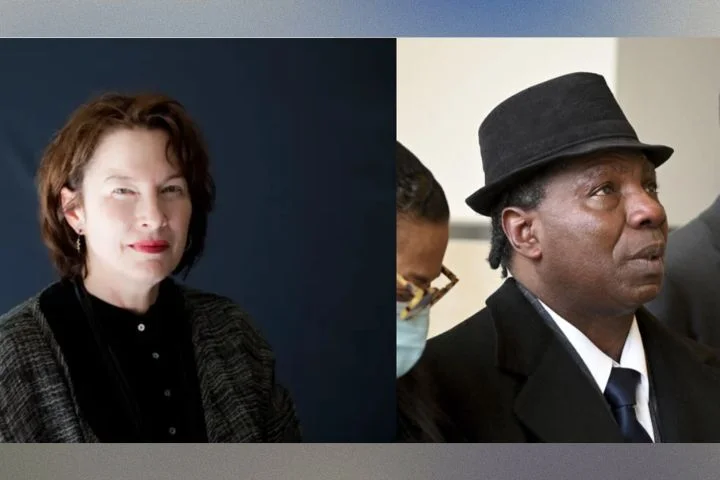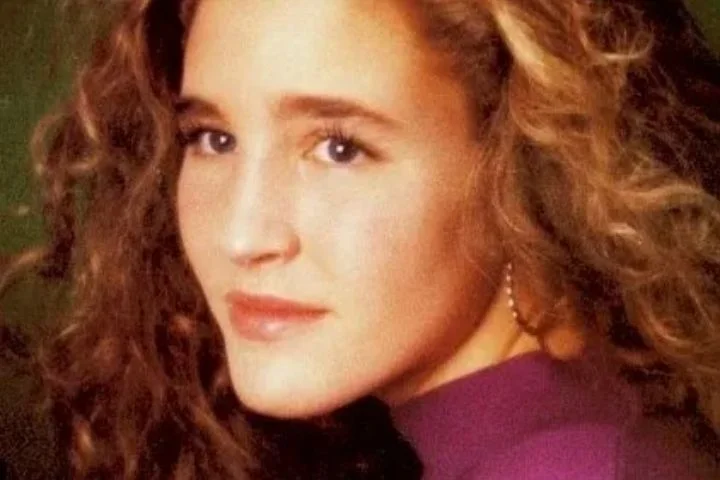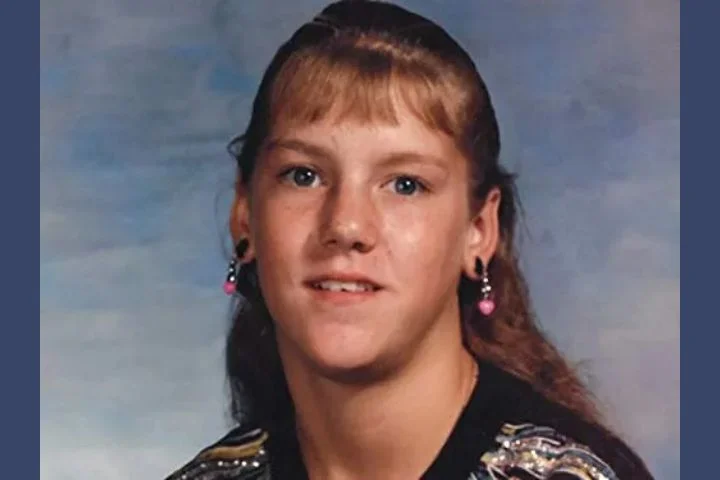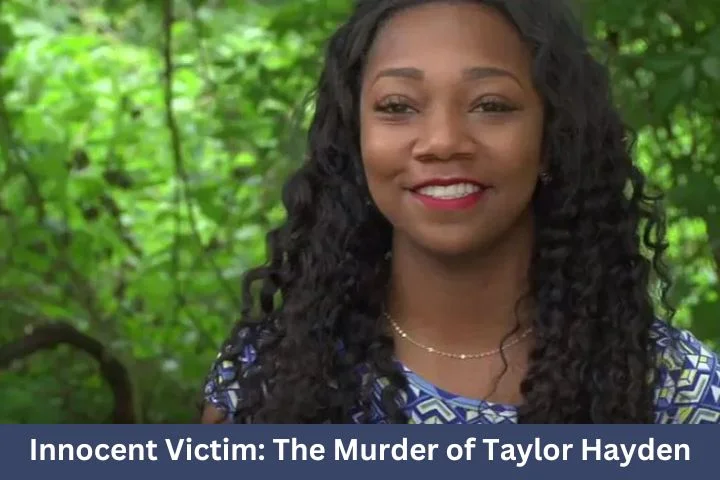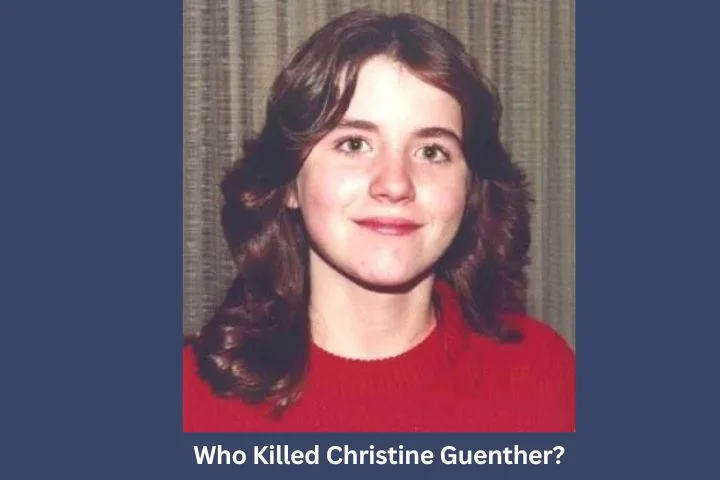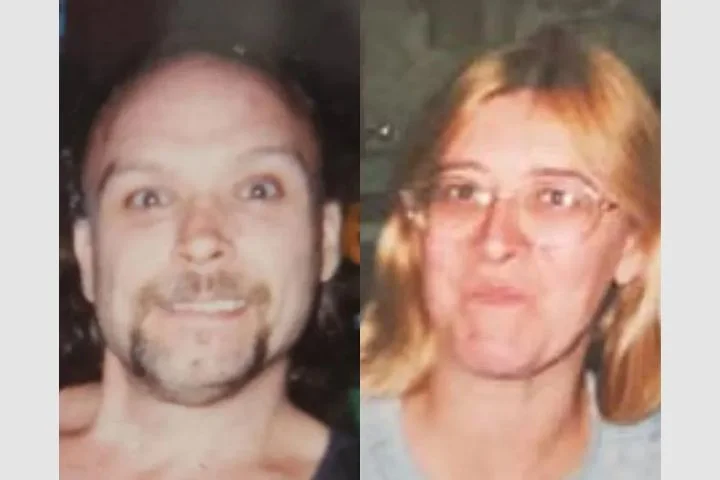Alice Sebold is an acclaimed American author who has written several notable works, including the novels The Lovely Bones and The Almost Moon, as well as a memoir titled Lucky. The Lovely Bones achieved significant success, reaching the New York Times Best Seller list and inspiring a film adaptation in 2010.
Meanwhile, Lucky, which chronicled Sebold’s experience of being raped during her first year at Syracuse University, sold over a million copies.

Unfortunately, Sebold’s identification of Anthony Broadwater as her attacker led to his wrongful imprisonment for 16 years. However, the original conviction was overturned by a judge in 2021.
The Rape Of Alice Sebold
During her freshman year at Syracuse University, in the early hours of May 8, 1981, Alice Sebold was walking home along a path that passed a tunnel to an amphitheater near campus when she was assaulted and raped.
She reported the incident to campus security and the police, who investigated the cri*me but were unable to identify any suspects. Approximately five months later, Sebold encountered a man on a street near the Syracuse campus whom she believed was the perpetrator. That man was Anthony Broadwater.
In her book, she described how she ended up picking the wrong man from a police lineup.
Alice and the Police Lineup
‘Five black men in almost identical light blue shirts and dark blue pants walked in and assumed their places. “It’s not one, two, or three.
‘I stood in front of number four. He was not looking at me. While he looked toward the floor I saw his shoulders. Wide like my rapist’s, and powerful.
‘The shape of his head and neck – just like my rapist’s. His build, his nose, his lips. I hugged my arms across my chest and stared.
‘I moved on to number five. His build was right, his height. And he was looking at me, looking right at me, as if he knew I was there. Knew who I was. The expression in his eyes told me that if we were alone, if there were no wall between us, he would call me by name and then kill me…. I approached the clipboard… I placed my X in the number five box. I had marked the wrong one,’ she wrote.
After the lineup, she was told by a Sergeant Lorenz, that she picked out the wrong person.
‘Alice, it’s my duty to inform you that you failed to pick out the suspect,’ she quoted him saying.
‘He did not tell me which one was the suspect. He couldn’t. But I knew. I stated for the record that in my opinion, the men in positions four and five were almost identical.’
She then described how the then Assistant District Attorney Gail Uebelhoer came into the room and said: ‘Well, we got the hair out of the bastard,’ referring to Broadwater.
Aside from the testimony given by Sebold, some experts said microscopic hair analysis recovered after the cr*ime had tied Broadwater to the cr*ime.
He also underwent two polygraph examinations, and in both cases, the examiners concluded that he was truthful in his denial of involvement in the rape.
Broadwater was tried and sentenced to prison.
Following his release from prison in 1998, Broadwater was compelled to register as a sex offender and subsequently had to accept a series of low-paying jobs to make ends meet.
Exoneration
The recent exoneration of Anthony Broadwater was a surprising development for the 61-year-old, who had been convicted in May 1982. Broadwater was sentenced to 8 to 25 years in prison and despite multiple attempts to overturn the conviction, he remained imprisoned. Eventually, on December 31, 1998, Broadwater was released on parole but had to register as a sex offender due to his conviction.

In 2012, the FBI launched an internal review of microscopic hair analysis cases in the aftermath of several wrongful convictions that were based on hair comparison testimony.
In 2015, the FBI, the U.S. Department of Justice, the Innocence Project, and the National Association of Cri*minal Defense Lawyers teamed up to investigate hair analysis errors in cases before December 1999. The investigation included a review of 268 cases, which revealed that erroneous testimony was given in 96% of the cases. This discovery exposed significant flaws in the hair analysis technique, which had been used as evidence in countless cr*iminal cases for decades.
His conviction was vacated in November 2021
Broadwater filed a lawsuit seeking $50 million for his wrongful conviction and later filed a federal lawsuit against the Oneida County District Attorney’s Office and the city of Syracuse.
The state claim was settled in February 2023 for $5.5 million, which was awarded to Broadwater as compensation for the years he spent in prison for a cr*ime he did not commit.
